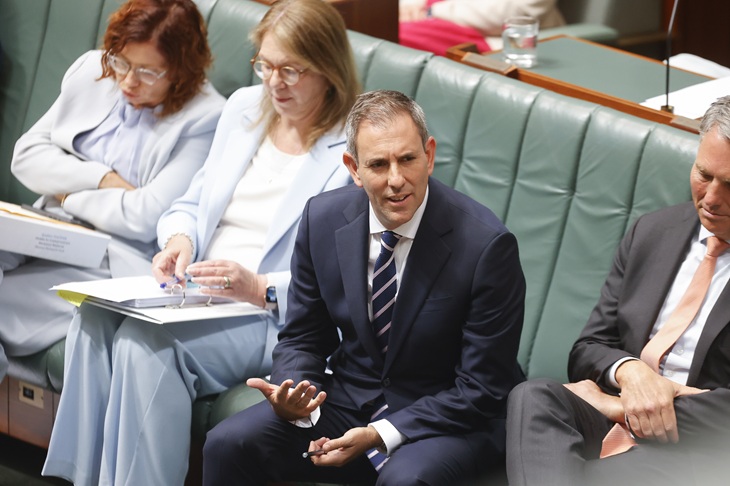
Monash University and the University of Queensland (UQ) have emerged as leaders in producing impactful research that addresses contemporary global challenges. Both institutions ranked joint second in the Research category of the Financial Review BOSS Best Business Schools for 2023, demonstrating their commitment to practical and relevant academic inquiry.
Monash University’s Pragmatic Research Approach
At Monash University, the focus on addressing pressing issues has propelled its research output and quality. According to Professor Simon Wilkie, the dean of the Faculty of Business and Economics, the university has significantly increased both the quantity and impact of its publications over the last decade. “We are incredibly productive, so we publish a lot of articles. But in the last decade or so, we have had a tremendous upswing in the quality of the publications our researchers appear in and the impact our publications have had,” says Wilkie.
Monash’s strategy involves engaging closely with policymakers and the industry to explore immediate problems. This collaborative approach was evident at a recent conference held in Canberra, which focused on healthcare policy. Wilkie noted that “the conference combined our academics with government officials and community group leaders,” allowing for a productive dialogue about the challenges within the healthcare system.
Research at Monash spans various fields, with a notable emphasis on artificial intelligence (AI) and its implications across different sectors. Wilkie stated, “We are really doing a lot of interesting work on the impact of AI.” Additionally, the university is advancing research into the circular economy, collaborating with local and international partners to develop sustainable practices.
University of Queensland’s Interdisciplinary Focus
UQ’s business school shares a similar vision, prioritizing interdisciplinary research that addresses real-world challenges. Head of the business school, Brent Ritchie, emphasized the institution’s supportive research environment, which fosters mentoring for early career researchers. “This has enabled us to attract outstanding scholars, and retain them, across all of our eight disciplines of expertise,” Ritchie explained.
UQ’s researchers lead in various fields, including accounting, finance, and sustainability, and actively engage with industry and government partners. Looking ahead, sustainability research will become even more central to UQ’s agenda, with projects like the Low Harm Hedonism initiative, which examines environmentally responsible tourism, and the UQ Net Zero Observatory project, aimed at enhancing corporate climate disclosures.
Deakin Business School, another finalist in the Research category, showcases the importance of practical research. Dean Amanda Pyman highlighted the school’s commitment to producing knowledge that impacts policy and practice significantly. “Our research excellence enables us to recruit high-quality faculty and students,” Pyman noted.
One of Deakin’s innovative projects, titled Counting on U, focuses on mental health literacy for small business advisers. The program, which received funding of $3.15 million, aims to help vulnerable business owners access mental health support through trained advisers. Participants complete the program online, gaining valuable skills to assist those who may be struggling with mental health issues.
Call for Increased Funding and Collaboration
Despite these advancements, leaders in the academic sector express concern over the lack of adequate funding for research in Australia. Many believe that increased federal government support is essential for fostering innovation and collaboration between academia and industry. Pyman stated, “This would contribute to building the skills, capacity and capabilities of our future workforce.”
Wilkie echoed this sentiment, emphasizing the need to break down barriers between academia and industry. “Breaking down the barriers between academia, industry and government so the whole of society can see the value of research is probably where we have to start,” he said.
Ritchie pointed out the necessity of a stable funding model that encourages interdisciplinary work and supports risk-taking in research. “Australia has world-class researchers, but they are hampered by short-term funding cycles and fragmented support for collaborative innovation,” he concluded.
As Monash University, UQ, and Deakin Business School continue to push the envelope in research, their efforts highlight the critical role that academic institutions play in addressing the complex challenges of today’s world.






